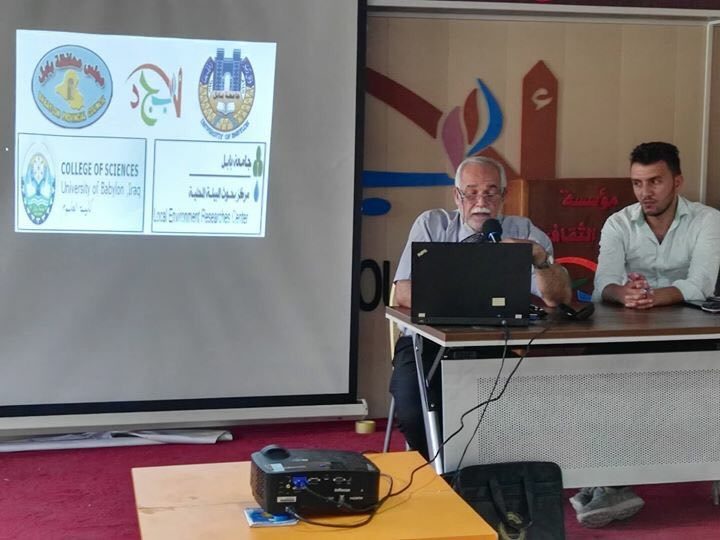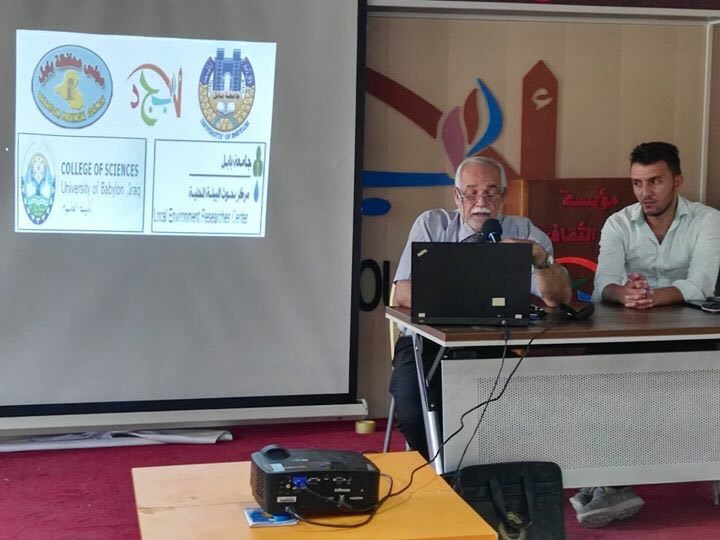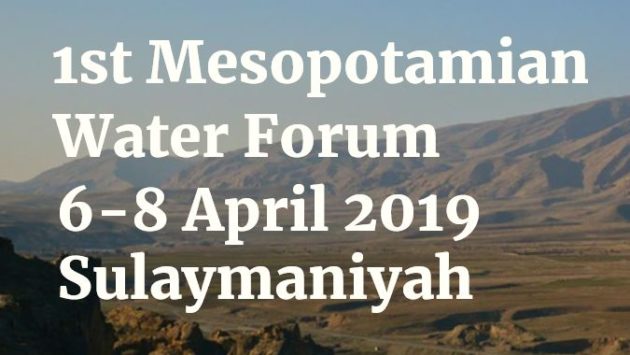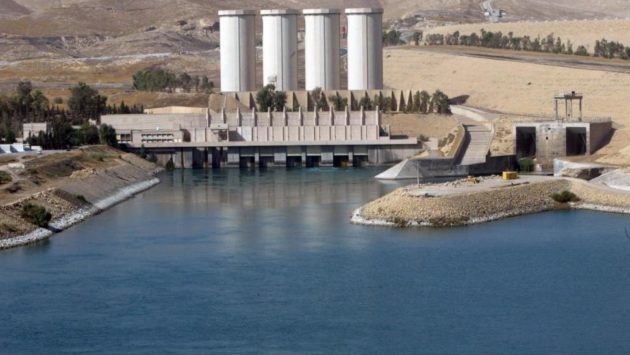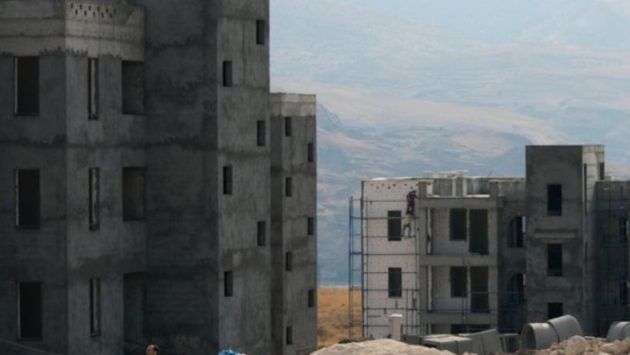Youth in Babil Address Pollution of the Local Euphrates River Tributary
The Alyahodia River is a large tributary of the Euphrates, named after the city of Al-Hindiya, and known also as the Babylon Channel. In the past, its banks housed an intersection of cultures and religions which formed a thriving and integrated community. The original name of the river, Judaism River, dates back to 550 BC when Jewish prisoners were taken from its shores to Babylon by the Babylonian armies. Some remained and inhabited the area from that time until 1950, living harmoniously with neighbors of many different religions and traditions. After 1950, most of them left for Israel.
Today the river has become a dumping ground, a cradle for disease and insects that puts thousands of families at risk for health problems. The Babilia Social Forum, a youth volunteer group of the Iraqi Social Forum, is now carrying out a large awareness campaign to reduce the pollution in Alyahodia River and has already launched a “#Saveنهراليهودية” hashtag. The group is working to rally public opinion so that their voice will reach the government and related authorities. Pamphlets have been distributed to residents of the city explaining the dire condition of the river.
To kick off the campaign, the Babilia Social Forum held a research seminar in Hilla which explored the challenges currently facing the Alyahodia River. The seminar, held on 28 September at Abjad Foundation Hall, brought together university professors and environmental experts to identify problems and propose solutions to contend with the pollution. Dr. Dakhil Nasser from Babel University’s Faculty of Science said that the river has suffered in its transition from past to present.
The seminar witnessed fruitful collaboration between activists and experts, who presented a series of proposals and solutions aimed at solving this crisis. Dr. Mohammed Al-Zafairi, Director of the Environmental Research Center at the University of Babylon, outlined several detailed studies of toxic substances in the river’s water, as well as an account of the insects and rodents which populate it. The river has become a dumping ground for sewage and toxic waste from laboratories. This is a particular issue for textile factories which burn substances that impact the air quality in surrounding residential communities.
In the next days, a large sports activity is set to take place in the framework of this campaign by the banks of the Euphrates River.

